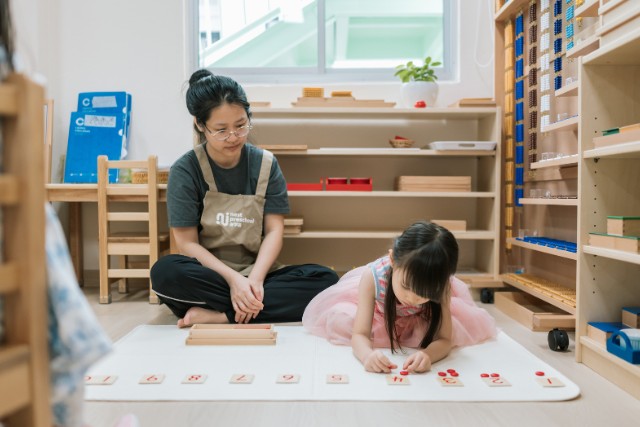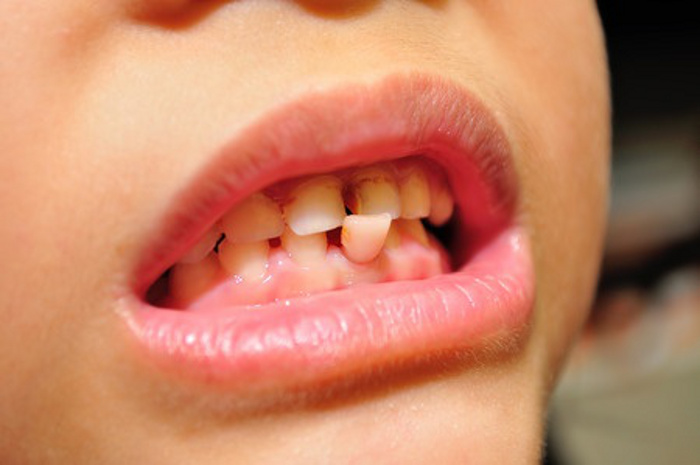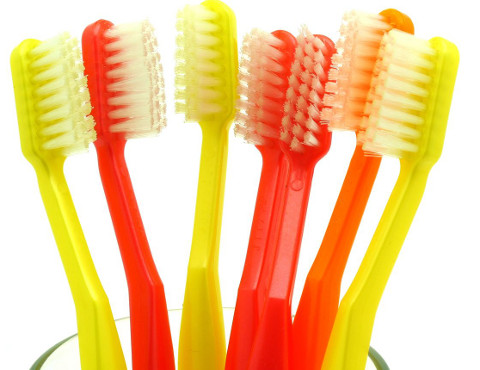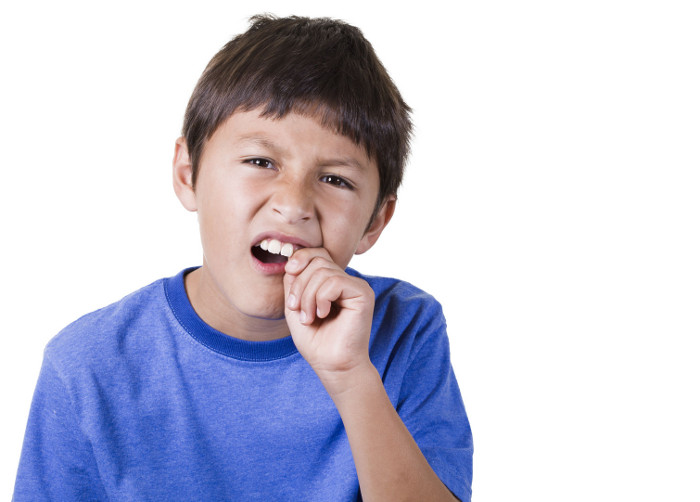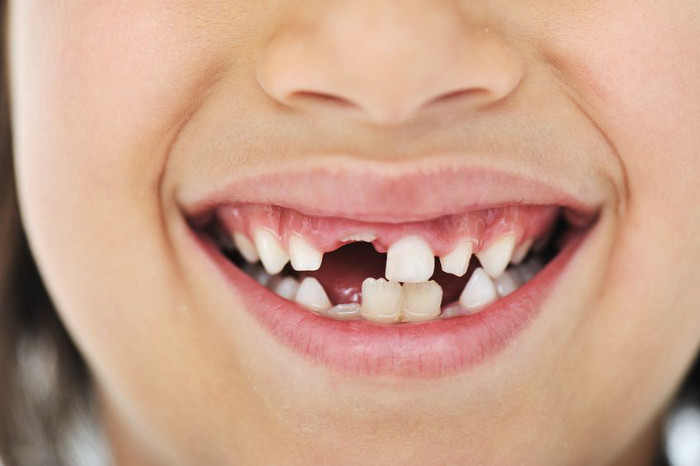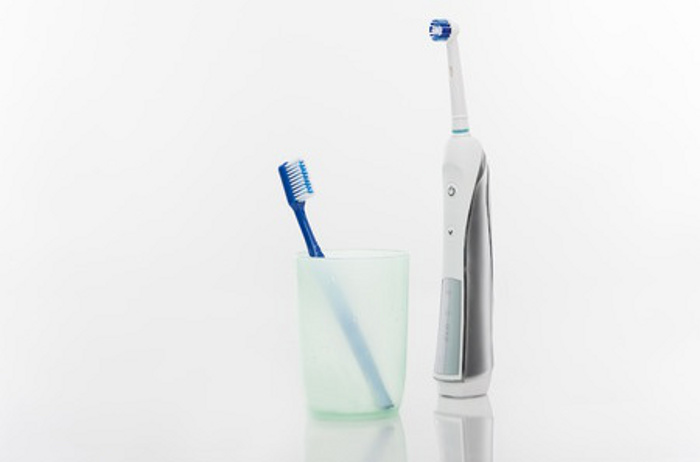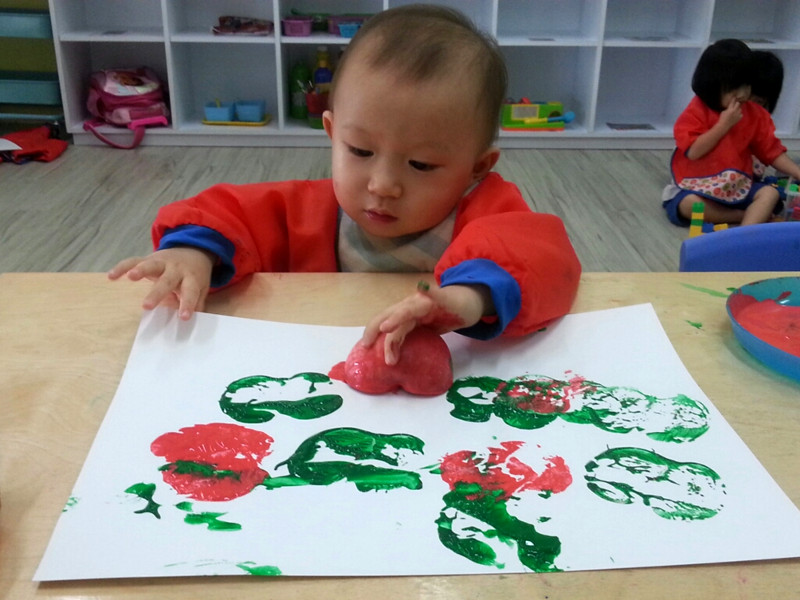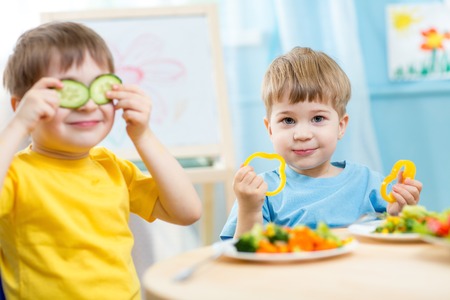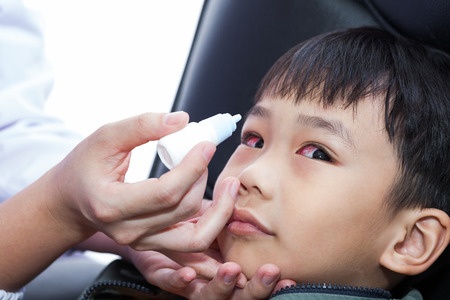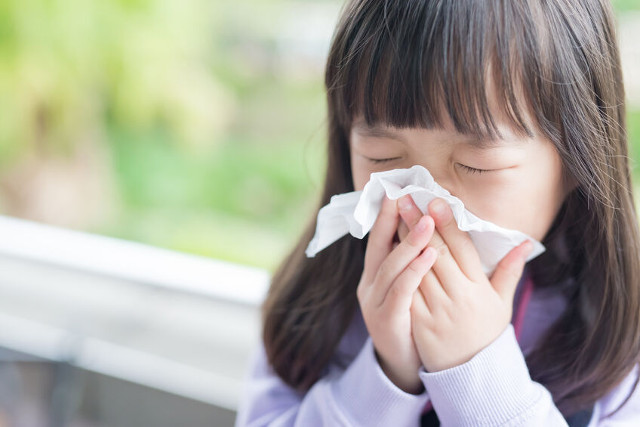A study by the National University of Singapore published in 2009 found that 40% of 1,782 preschoolers aged 3 to 6 had early childhood caries; 90% of them were left untreated.
In 2013, 50.6% of Primary One students had early childhood cavities.
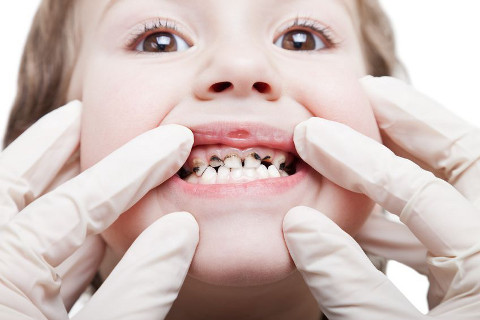
Why are the statistics for early childhood cavities high despite efforts made by the Health Promotion Board and Health Ministry on the importance of oral hygiene?
While oral hygiene is important, it is just one aspect of oral health. There are other aspects of oral health that need to be addressed as well.
Here are 3 main points to note.
#1 Hygiene

Oral hygiene is beneficial to the welfare and overall health of a person. Maintain proper hygiene every day by ensuring that your child brushing twice a day, rinsing the mouth after snacks and meals.
Flossing can start at 5 years old. You can help your child to floss their teeth. Having bad oral hygiene can result in pain, bad breath and tooth loss, in addition to cardiovascular diseases, diabetes, respiratory illnesses, strokes and adverse pregnancy outcomes in adult life.
By conducting proper hygiene techniques, you also save money while ensuring your child’s health is not jeopardised.
#2 Diet

The second factor for maintaining proper oral care is through a proper, healthy diet. Diet consists of foods that a child consumes. It plays a bigger role in overall dental health.
Avoid consuming foods and beverages with high sugar levels, such as soft drinks and sweets as these can cause decay. Replace these snacks and drinks with healthier, nutritious alternatives such as cheese, milk and apples.
Another important factor is to avoid snacking between mealtimes. Why?
Saliva pH levels are more acidic during the consumption of food and drinks. Frequent eating will expose the teeth enamel to acids, which wear it down easily. This phenomenon can also be seen in the Stephan Curve (shown below). If your child needs to snack, eat healthy fruits like apples, and rinse their mouth after snack to reduce the amount of sugar and acids in contact with the teeth.
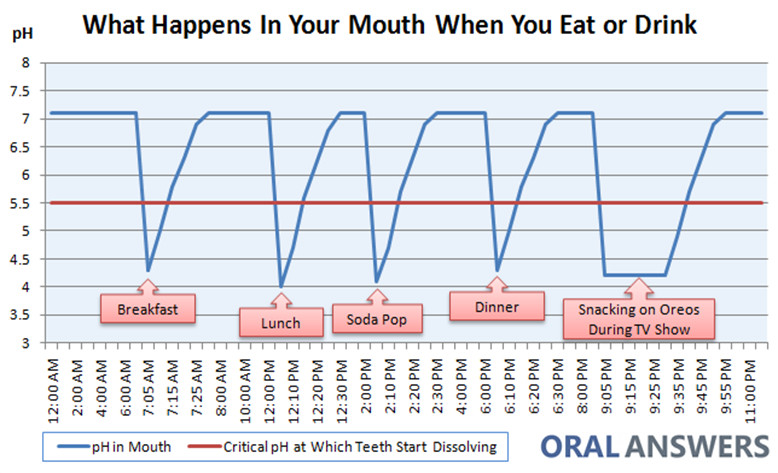 Graph source: Draper, Tom. “What Happens In Your Mouth Every Time You Eat or Drink” Oral Answers, 2010
Graph source: Draper, Tom. “What Happens In Your Mouth Every Time You Eat or Drink” Oral Answers, 2010
#3 Contact (or ‘Chewing’) Time
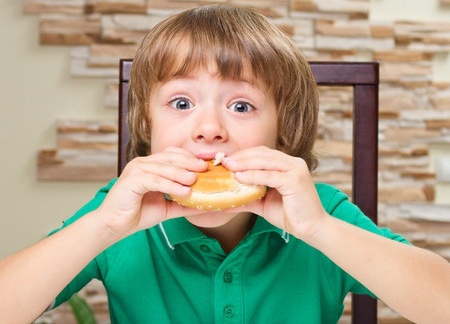
Contact time is another factor that is often overlooked. It relates to how long one takes to chew food before swallowing.
Children should not take more than 45 minutes to consume their meals. But many children, especially those under 9, tend to eat their meals for over an hour. It is harmful to eat for a long time not because the saliva becomes more acidic, but rather because there it means prolonged exposure to the acidic pH value of saliva, which wears down the teeth.
Distractions such as watching television, playing on technological devices and reading books should be avoided if it serves as a cause for prolonging mealtimes.
Best Way To Reduce Or Prevent Cavities

So what’s the solution to reduce early childhood cavities?
Ensure that hygiene, diet and contact time are equally cared for. Treatments for cavities can be very costly. By reducing this and having better oral hygiene, you’ll be able to save the money that would be used for these treatments for better uses.
In summary, here are 5 tips to do:
1. Ensure your children brush their teeth at least twice a day, and floss when they are older (with your guidance).
2. Eat fewer foods that are high in sugar.
3. Eat healthy snacks such as coconuts and drink milk – these foods are high in nutrients such as calcium that will strengthen your tooth enamel!
4. Use a toothpaste that contains fluoride as this protects your tooth surfaces.
5. Chew food well and thoroughly and not leave it in their mouth as this can cause a higher rate of decay.
This article is contributed by Project Bite-sized, a group of 16-year-olds (Year 4) from the School Of The Arts, Singapore (SOTA), focused on alleviating the issue of Early Childhood Cavities (ECC) among children aged 5 to 9 years old in Singapore as part of their Community Problem Solving Project (CmPS).
The group consists of Arielle Jasmine, Claire Djuhadi, Eponine Tan, Alicia Tay, Lim Siew Han, Rachel Kwan and Shreyansh Daga, with their mentor, Mariette Ong.
* * * * *
Like what you see here? Get parenting tips and stories straight to your inbox! Join our mailing list here.
Stay in touch! Subscribe to our Telegram here for our latest updates.












